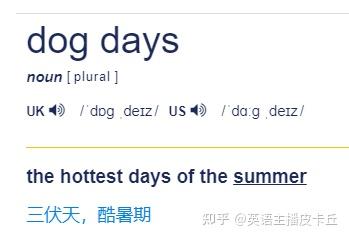Can I Freeze Fresh Pet Dog Food: A Comprehensive Guide
When it comes to ensuring your furry friend's nutritional well-being, the choice of pet food is paramount. However, not every day is a good day to feed your……
When it comes to ensuring your furry friend's nutritional well-being, the choice of pet food is paramount. However, not every day is a good day to feed your dog, and sometimes leftover food goes to waste. This begs the question: Can I Freeze Fresh Pet Dog Food? The answer is a resounding yes, but with a few caveats and considerations to keep in mind.
Freezing pet food can extend its shelf life significantly, allowing you to avoid waste and save money. It's especially useful for those days when you accidentally cook too much or have a large amount of food that you know your dog won't eat in one sitting. But before you start freezing your pet's meals, there are some important things to consider.
Firstly, the type of pet food you choose to freeze matters. Wet foods, such as canned or moist foods, are generally not recommended for freezing due to their high moisture content. This can lead to freezer burn, which affects the texture and flavor of the food. Additionally, the high water content can cause the food to become mushy when thawed.

On the other hand, dry foods like kibble are better suited for freezing. They are less likely to become mushy and can retain their original texture when thawed. However, even with dry foods, it's essential to ensure they are completely dry before freezing to minimize the risk of freezer burn.
When freezing pet food, it's important to store it properly. Use airtight containers or freezer bags to prevent air from getting in, which can cause oxidation and spoilage. Label the containers with the date of freezing and the type of food, so you can keep track of what you have in the freezer.

Another crucial aspect of freezing pet food is the thawing process. It's best to allow the food to thaw slowly in the refrigerator to preserve its nutritional value and texture. Avoid microwaving or boiling the food, as this can cause it to become too warm and potentially spoil.
In addition to these practical considerations, there are also some potential health and safety concerns to be aware of. Freezing pet food can alter its nutritional composition, potentially affecting your dog's digestion and overall health. It's essential to consult with your veterinarian before making significant changes to your dog's diet, especially if you plan to rely heavily on frozen foods.

In conclusion, freezing fresh pet dog food can be a convenient and cost-effective way to ensure your furry friend doesn't go hungry on those busy days. However, it's important to choose the right type of food, store it properly, and thaw it safely. By following these guidelines, you can help maintain your dog's nutritional balance and avoid food waste. Just remember to consult with your veterinarian before making any significant changes to your dog's diet.